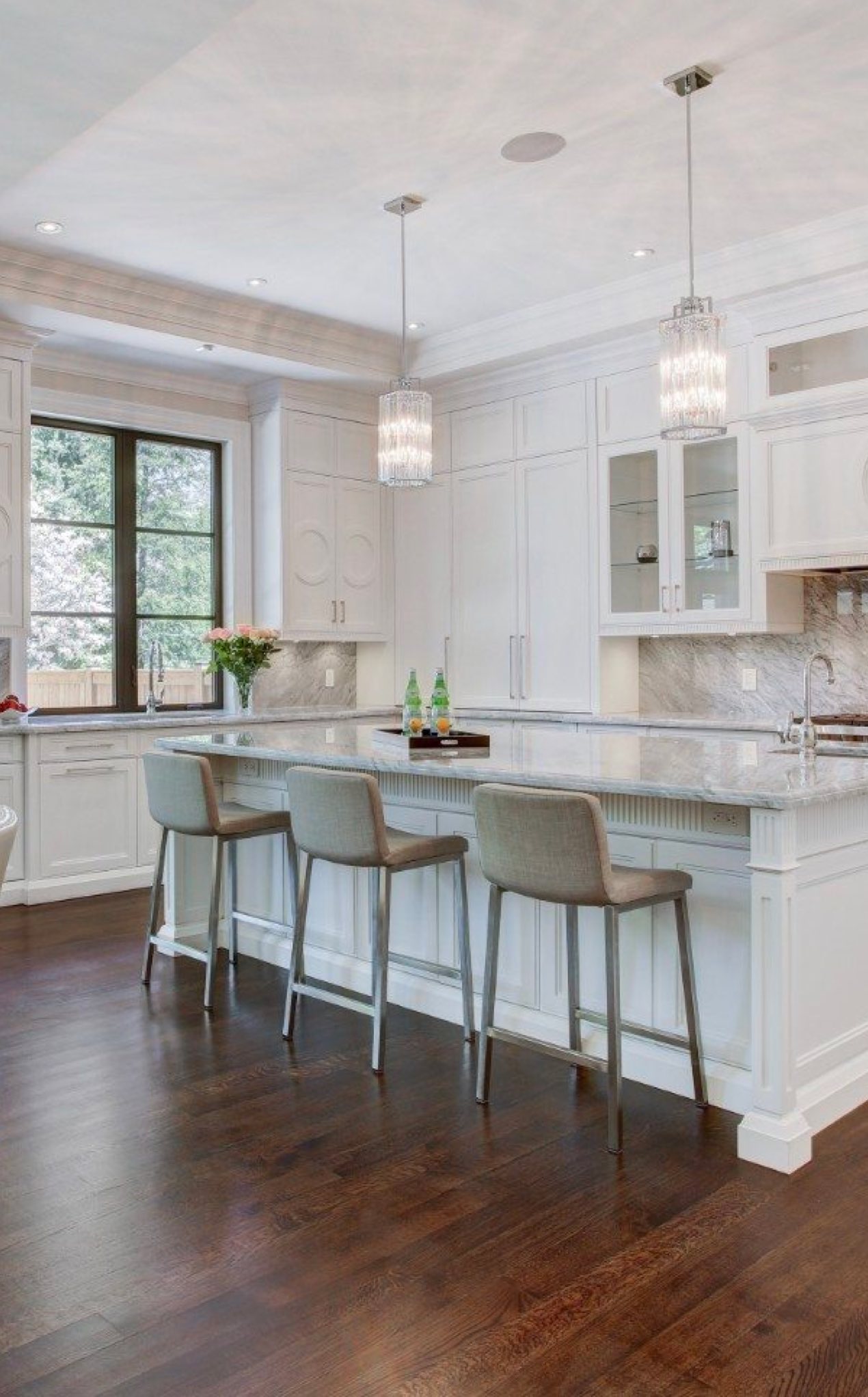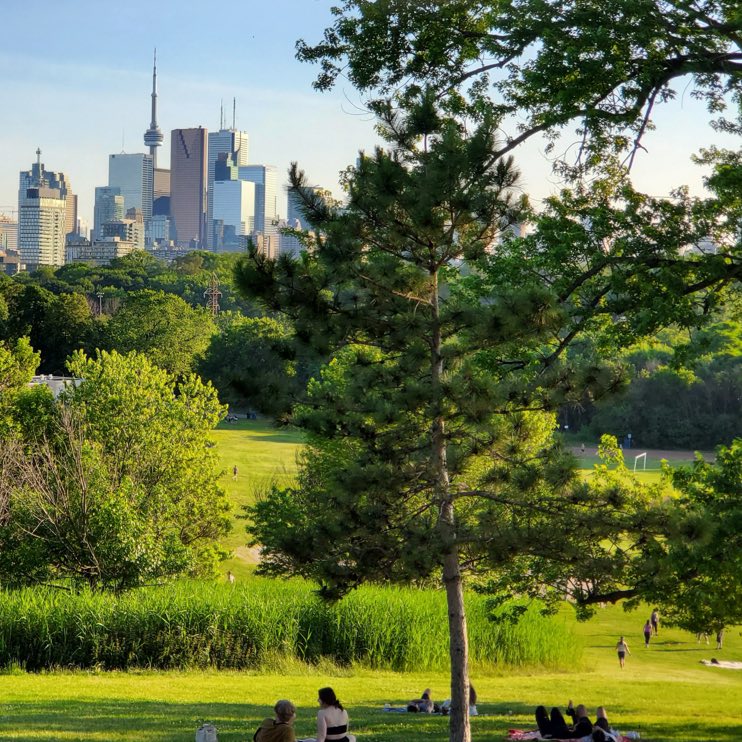If you’re considering a move to Midtown Toronto, you’re not alone. This part of the city continues to attract families, professionals, downsizers, and newcomers alike. But what exactly is Midtown Toronto? What does life here look like—and is it the right fit for you?
As a local resident and Toronto real estate expert, I want to offer a full perspective on Midtown: its neighbourhoods, schools, housing styles, demographics, pros, cons, and who this area truly suits.
Please refer to more articles on my website following these links:
Where Is Midtown Toronto?
The boundaries of Midtown Toronto are debated, but for the purposes of this guide, we’ll define it as stretching from Bloor Street in the south to Wilson Avenue in the north, and from Bayview Avenue to Dufferin Street east to west.
Some maps define it more narrowly (St. Clair to Lawrence), but today, many nearby pockets share the same feel, amenities, and lifestyle.
There are around 23 neighbourhoods considered part of Midtown Toronto, including:
- Yonge & Eglinton
- Davisville Village
- Summerhill
- Forest Hill
- Leaside
- Lawrence Park
- Chaplin Estates
- Allenby
- Rosedale
- Deer Park
- Moore Park
- Bedford Park
- Lytton Park
- The Annex
- The Bridle Path
- Yonge & St. Clair
- Cricket Club
- Sherwood Park
- Teddington Park
- Oakwood
- Wychwood
- Humewood-Cedarvale
What Makes Midtown Neighbourhoods Unique?
Midtown is largely defined by family-friendly, low-density housing. While Yonge & Eglinton and Yonge & St. Clair offer condo living, most other neighbourhoods feature detached, semi-detached, and row homes.
Each neighbourhood differs in lot size, house size, demographics, and pricing. For example:
- Forest Hill: 50-foot lots, 4000+ sq ft homes, average household income ~$400K
- Davisville Village: 20–25 foot lots, ~2500 sq ft homes, average income ~$150K
In general, Midtown offers:
- Safe streets
- High-performing public and private schools
- Easy access to parks, TTC, and retail
- Strong community feel
Who Lives in Midtown?
Midtown appeals to:
- Upper-middle-class and affluent families
- Professionals aged 30–50
- Long-time residents who’ve aged in place
- Educated individuals (63%+ with university degrees)
The average household income across Midtown is $150K+, with some areas exceeding $400K. Most residents commute by car, though public transit is widely available.
Expect neighbours to be well-educated professionals, parents, or retirees—many with deep roots in their community.
Schools in Midtown Toronto
Midtown has one of the highest concentrations of top-ranked public and private schools in Toronto. That’s a major reason families choose to live here.
Top Public Schools:
- John Fisher Jr. PS
- Maurice Cody Jr. PS
- Allenby Jr. PS
- Oriole Park Jr. PS
- Deer Park Jr. & Sr. PS
- Forest Hill CI
- North Toronto CI
- Glenview Sr. PS
- Blythwood Jr. PS
- Whitney Jr. PS
Leading Private Schools:
- Upper Canada College
- Branksome Hall
- The York School
- Havergal College
- Bishop Strachan School
- Crescent School
- St. Michael’s College School
- The Sterling Hall School
Important tip: For public schools, verify if a property falls within the catchment before submitting an offer. Catchments can shift due to condo development or policy changes.
For private schools, commuting time and the application process are key. Plan early, attend open houses, and know each school’s values and criteria.
Real Estate in Midtown Toronto
Condo living: Primarily concentrated around Yonge & Eglinton and Yonge & St. Clair. Options range from older, quiet buildings to newer, bustling towers.
Houses: Dominant across Midtown. Lot size, architecture, and price vary dramatically by street and pocket.
Important note: Even if you buy a condo, your child may still attend the same top-ranked schools as those living in houses.
Most homes in Midtown sell quickly, and many receive multiple offers.
As your realtor, I help you:
- Assess neighbourhood value
- Understand walk scores and future appreciation
- Avoid overpaying for the wrong street
Pros of Living in Midtown Toronto
- Safety: Low crime, peaceful streets
- Top Schools: High concentration of excellent options
- Convenient Transit: Subway lines, buses, walkable hubs
- Community Feel: Strong local identity, events, family networks
- Amenity Access: Healthcare, retail, dining, and recreation
Who Might Not Like Midtown
- Buyers on a tight budget (homes here are not cheap)
- Those seeking large homes at lower prices
- People who prefer high-rise, high-density living
If you’re price-sensitive, you may find better options in the East End or parts of North York.
Let’s Talk Lifestyle and Investment
Midtown isn’t just a great place to live—it’s a smart long-term investment. But there’s nuance:
Not every street offers equal value. Not every neighbourhood fits your goals.
That’s why I always advise: Before making a decision, get clarity.
📩 Contact me for a 1:1 consultation. I’ll explain:
- Midtown pricing trends
- Smart investment pockets
- Lifestyle fit based on your needs
Whether you’re a relocating family, a first-time buyer, or a downsizer, Midtown may be exactly what you’re looking for—and I’d be happy to guide you.
Send an email at olena@agentolena.com or call 647.294.3039 to get started.













